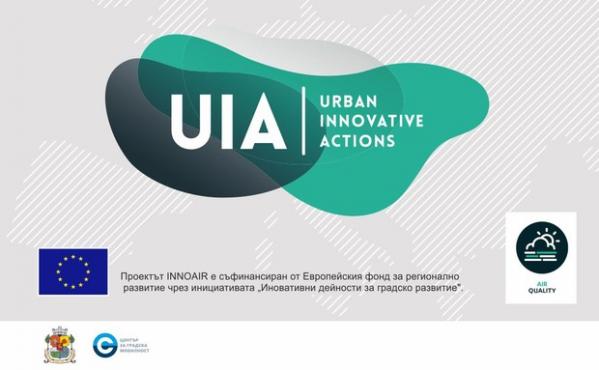10.06.2021
As people have all become more mobile, so the negative environmental and health costs of transport have increased. It is in cities that pollution, congestion and noise are felt the most. The European cities transport system strive to achieve its green and digital transformation and become more resilient to future crises. This, however, requires considerable changes in societal practices and in the behaviour of individuals, communities, and public and private organisations. These changes include, among other areas, mobility behaviour, minimising traffic-related emissions and energy/resource consumption, a sense of environmental citizenship, personal health and well-being. This green transition cannot be top-down. The societal change should be just and inclusive, putting people first.
Ambitious actions are required to engage people, communities and organisations, as well as structural measures to support affected groups. We therefore need accelerated change of citizen’s behaviour towards more sustainable patterns. We need to directly involve citizens in realising their personal impact on climate and the environment thus leading to a change in their behaviour, reducing the extensive use of private vehicles, decreasing their personal carbon footprint and taking action at societal level towards a more sustainable future.
This is what we call empowerment:
A process through which people increase their access to knowledge, resources, and decisionmaking power, and raise their awareness of participation in their communities, in order to reach a level of control over their own environment. Empowerment cannot be granted by a third party. Those who would become empowered must claim and own it. The purpose of this guide is to provide practical examples and suggestions for empowerment. They are grouped by agents that touch the lives of most people. Local governments, businesses, universities and educational institutions set “the rules of the game” that shape interaction and individual choices.
They should lead the way for a local community that cares. The examples and ideas presented here are based on participatory research carried out in Sofia that engaged over 450 individuals and 15 companies and institutions through focus groups, in-depth interviews, co-design workshops and online questionnaires, together with document analyses. We hope they could encourage, inspire and trigger others to join the empowerment journey to sustainable low-carbon urban mobility.
Empowerment is an ongoing process rather than a destination. There is no final goal. One does not arrive at a stage of being empowered in some absolute sense.
Let’s not waste the COVID-19 crisis and take this opportunity to shape resilient and sustainable cities!
The guidebook can also be found in Bulgarian here .
